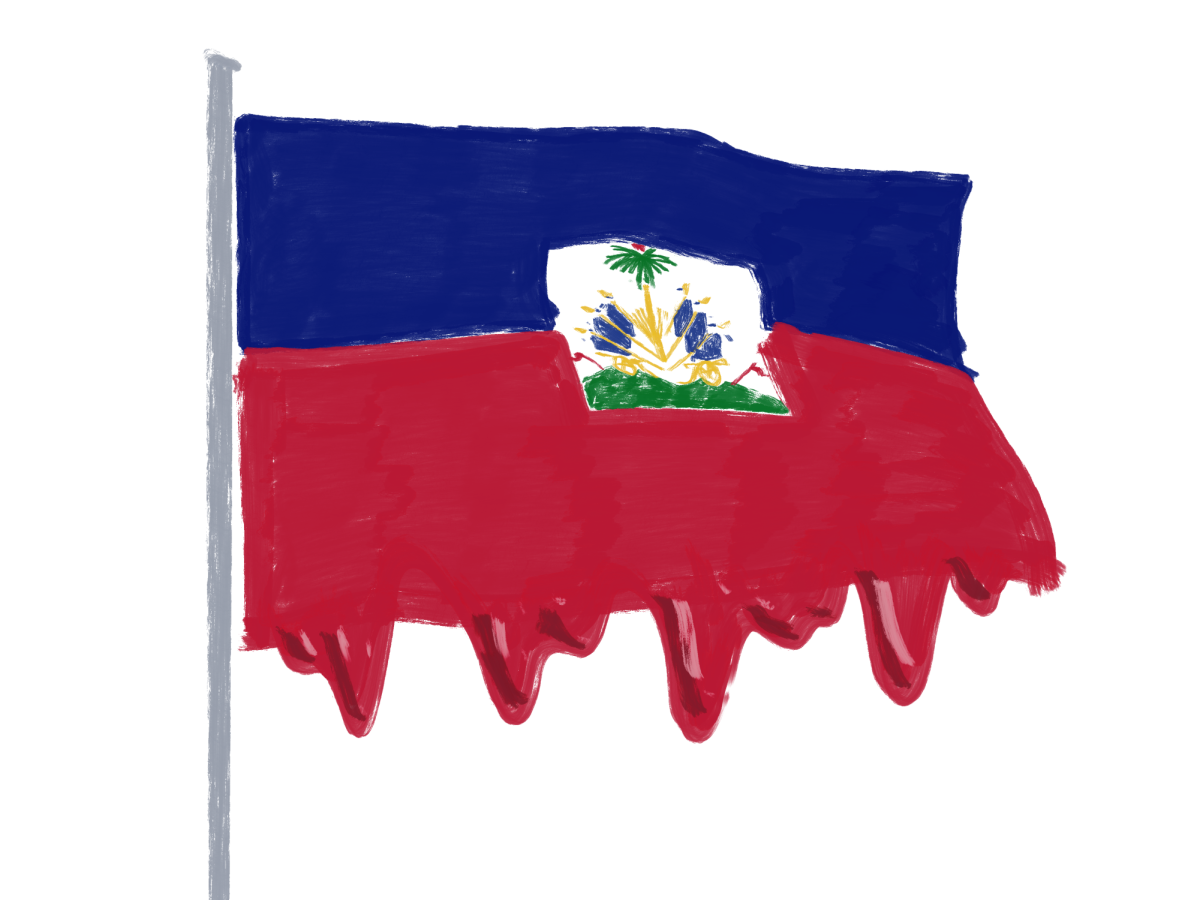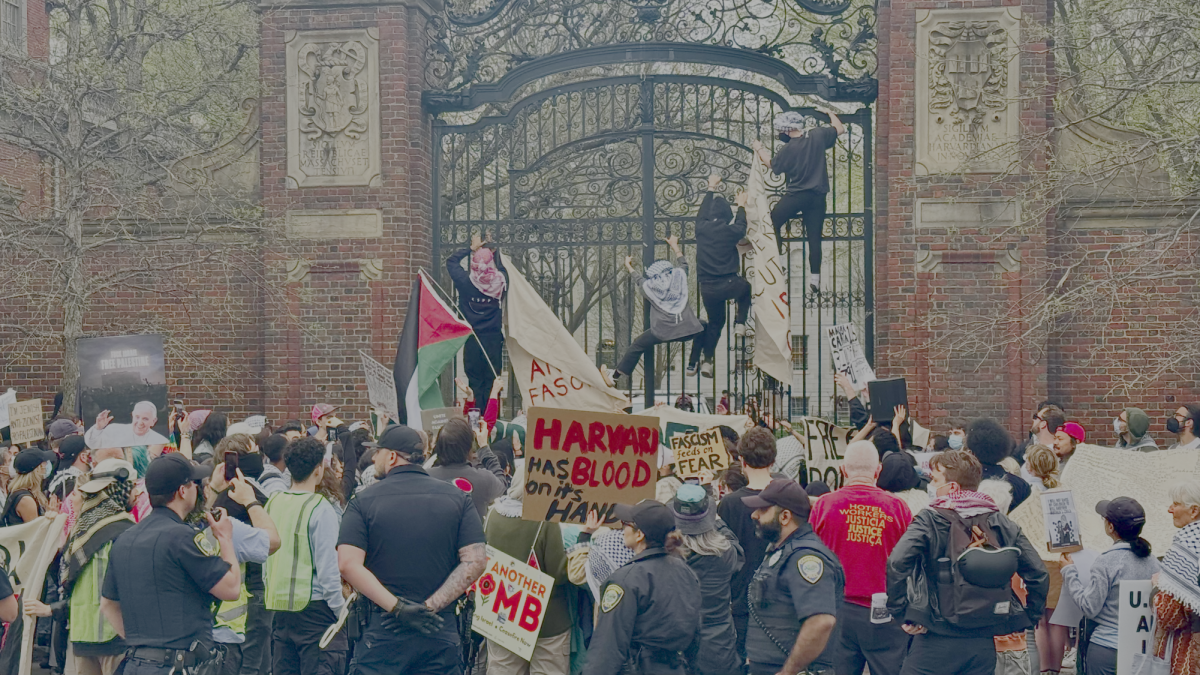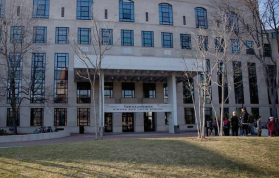In a recent report, Human Rights Watch shed light on the alarming escalation of violence in and around Haiti’s capital Port-au-Prince since the onset of 2023. The rise of violent criminal groups has been met with a feeble or virtually non-existent state response. The situation has reached a critical point, prompting urgent international attention.
The 98-page report, titled “Living a Nightmare: Haiti Needs an Urgent Rights-Based Response to Escalating Crisis,” meticulously documents the surge in killings, kidnappings, and sexual violence within four metropolitan Port-au-Prince communes from January to April 2023. The
report paints a grim picture of a virtually absent state leaving a void that has been filled by criminal groups thriving on impunity. Almost 150 criminal groups are running rampant today.
Human Rights Watch interviewed over 100 individuals, including victims and government officials. The findings reveal a staggering 67 documented killings, including 11 children and 12 women, along with more than 20 cases of rape, including gang rapes. The atrocities perpetrated by these criminal groups have left the population living in constant fear.
Compounding the crisis is the acute food insecurity experienced by nearly half of Haiti’s population, exacerbated by the weak state presence and criminal activities. The report underscores the importance of initiatives promoting socioeconomic development, job creation, and access to basic necessities as essential components of any comprehensive strategy.
Since the assassination of former President Jovenel Moïse in 2021, Prime Minister Ariel Henry has maintained control over all executive and parliamentary functions. However, a consensus with Haitian political actors and civil society representatives to enable a democratic transition has remained elusive.
The UN estimates that criminal groups in Haiti have killed over 2,000 people, kidnapped more than 1,000, and used sexual violence as a tool of terror in the first half of 2023. The report sheds light on the failure of the Haitian government to protect its citizens, with criminal groups alleged to have ties to senior political officials, economic actors, and police officers. The flow of weapons and ammunition, notably from the US state of Florida, further exacerbates the situation. Notably, there have been no prosecutions or convictions for the crimes committed since the beginning of 2023.
The report calls on the United Nations—the United States, France, Canada, members of the Caribbean community, and other internationally concerned governments—to act promptly. The UN Secretary-General is set to present options to the Security Council for the deployment of a consensual international force to Haiti, responding to a request from Haiti’s Prime Minister. Kenya has offered to lead this force, providing 1,000 police officers for the multinational effort. The report also emphasizes the need for a comprehensive approach, addressing not only the immediate security concerns but also the broader humanitarian, political, and judicial crises.
Beyond deploying a consensual international force for security, efforts must be comprehensive; humanitarian aid, socioeconomic development, and political stability must all be addressed. Learning from past interventions, it is crucial to establish safeguards to prevent further abuses and ensure a rights-based response.
This article also appears in our December 2023 print edition.














